Content

School Water Systems Solution
Update: 04/01/2025
Share:




Wastewater treatment in schools with detailed technology diagrams and implementation processes will help solve environmental issues at schools.
Schools are places where many students, teachers, staff members gather... Therefore, the amount of wastewater from this area is very large. If discharged directly into the environment without any treatment, it will cause serious consequences. Units can refer to the wastewater treatment methods in schools in the following article.
School Wastewater
School wastewater usually comes from toilet areas, canteens, and cleaning water. The number of students, teachers, staff members in each school is very high, leading to a large amount of wastewater.
The main components include high organic matter, suspended solids, and grease.
Treatment Technology
With the characteristics of school wastewater as mentioned above, it contains many difficult-to-degrade organic substances that can have a negative impact on the environment if not properly treated. Therefore, a combination of biological and physicochemical technologies can be applied to address this issue.
School Wastewater Treatment Technology Diagram
Advantages
- Technology suitable for the characteristics and features of the wastewater source.
- Treatment meets standards after the process.
- Minimal land area usage.
- Easy system operation and management.
- Using MBR tanks does not require filtration or disinfection.

School Wastewater Treatment Technology Process
Treatment of Incoming Wastewater
Wastewater will have 2 preliminary sources treated before being introduced into the main system.
-
Regarding toilet wastewater
It is led to a septic tank, where two processes take place: sedimentation and fermentation.
In the sedimentation process, anaerobic microorganisms decompose organic matter. During the fermentation process, anaerobic microorganisms decompose to reduce volume and eliminate odors.
-
Regarding canteen wastewater
The wastewater passes through a trash screen to remove large-sized waste and debris to prevent clogging during treatment.
Then, it passes through a grease trap to avoid pump clogging.
After the preliminary treatment, all wastewater sources are directed to a regulating tank.
Regulating Tank
Additional aeration system is provided in the regulating tank to prevent sedimentation and reduce foul odors. The regulating tank helps stabilize the flow rate and wastewater concentration during treatment.
Aeration Tank
The aeration tank combines aeration to help treat BOD, nitrification, NH4+ reduction, and NO3- reduction to N2. Wastewater in the aeration tank is continuously circulated to the aeration tank with a flow rate of about 50% - 100%.
MBR Biological Tank
In the MBR tank, biological and physical methods are combined. The biological filtration membrane is composed of interconnected hollow fibers. They have small pores that some microorganisms cannot pass through.
Solid organic matter, microorganisms are retained, and the treated wastewater is discharged. After treatment, the waste meets the standards for discharge into the environment as required.
Conclusion
Treating school wastewater is very important and necessary. Because this is an area with a large amount of wastewater generated daily. Without proper treatment, it will have a serious impact on the surrounding environment.
School units need to find the best solution to help with treatment. Understanding this issue, Toan A Environmental Technology Corporation has researched, developed, and installed many professional school wastewater treatment facilities, achieving high efficiency at reasonable costs.
Update: 04/01/2025
Share:








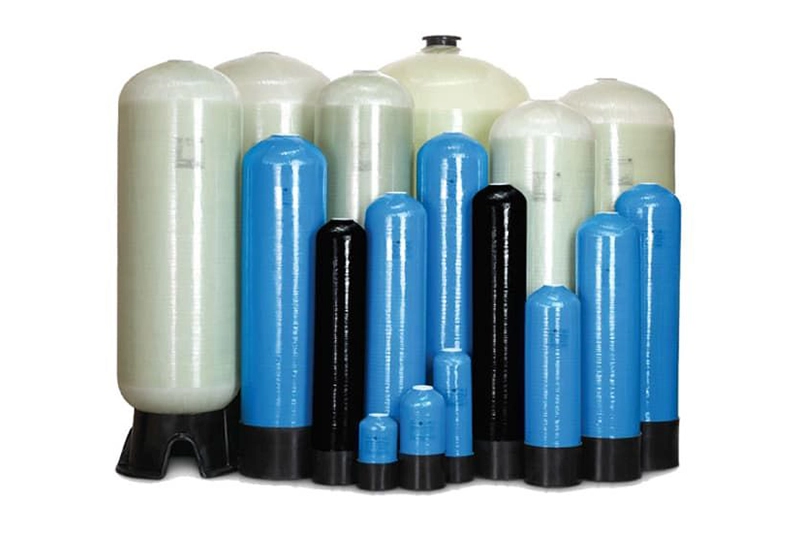
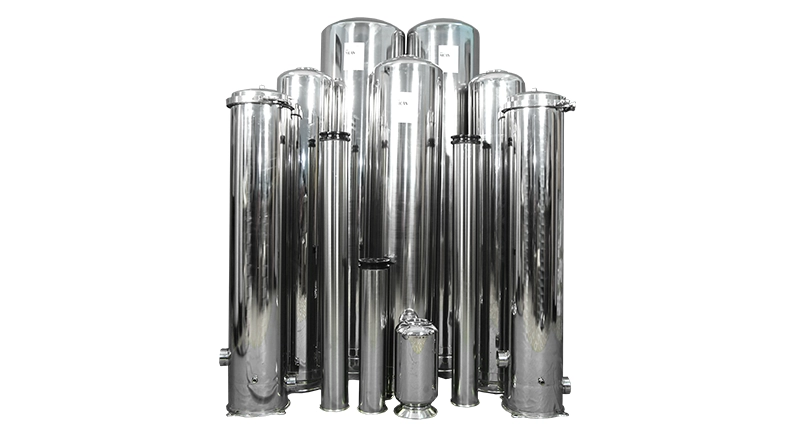




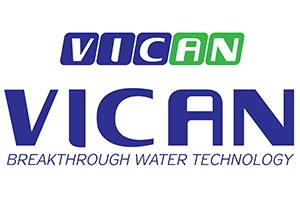
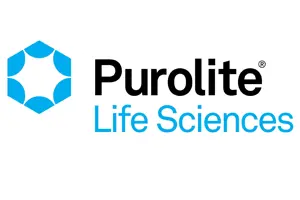





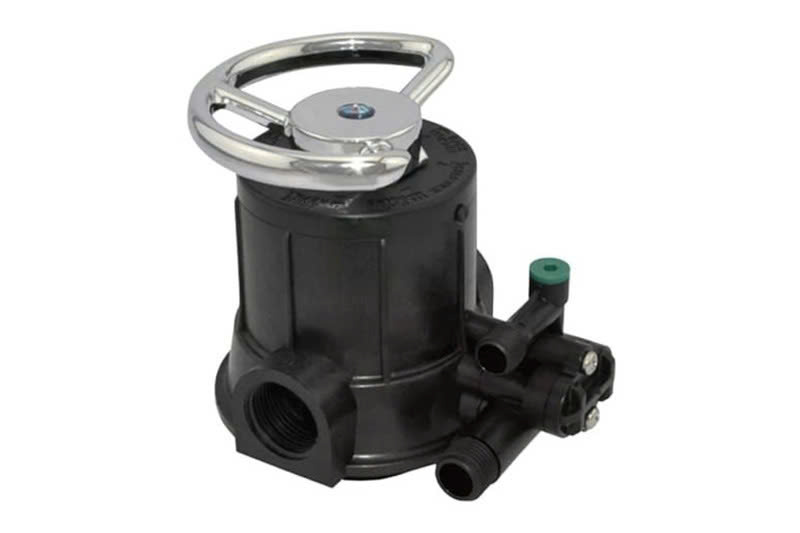
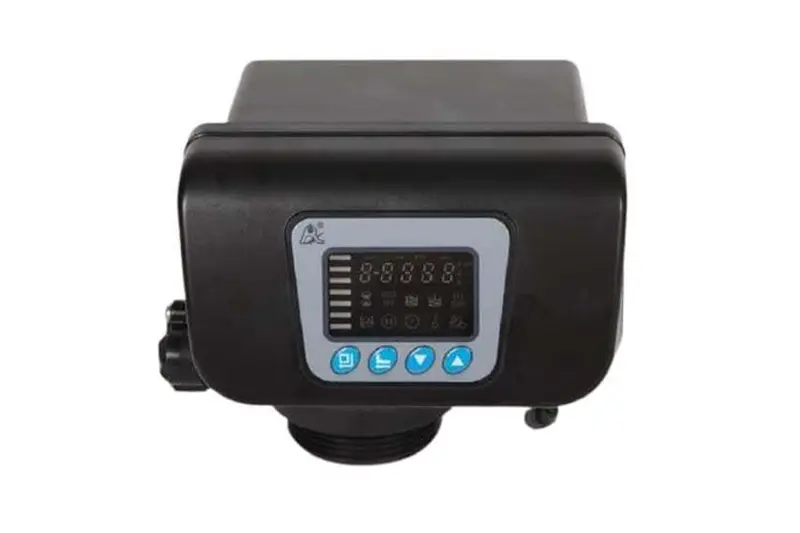


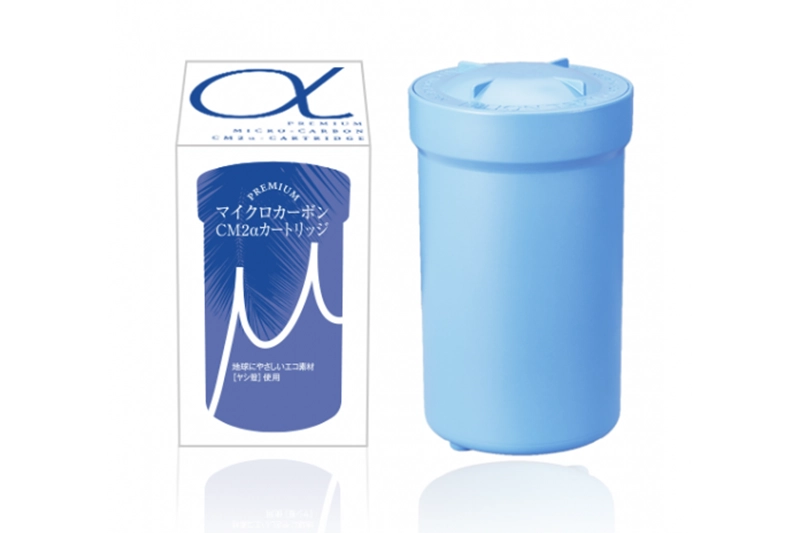
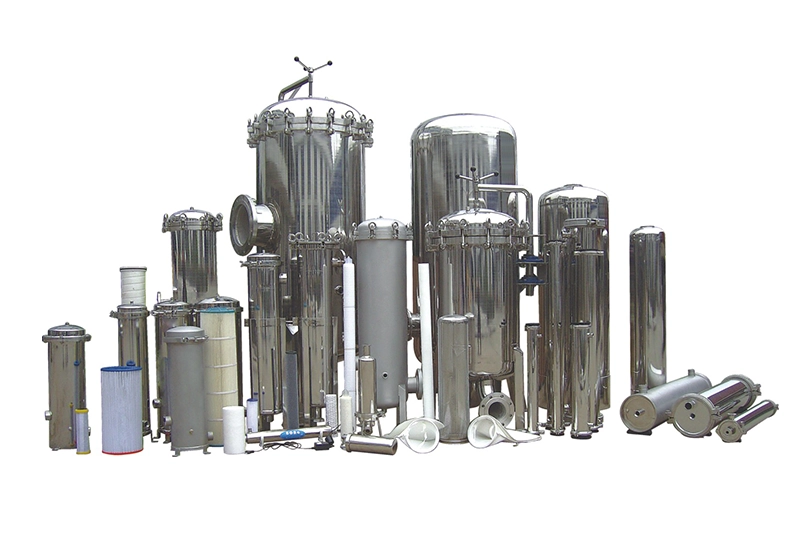
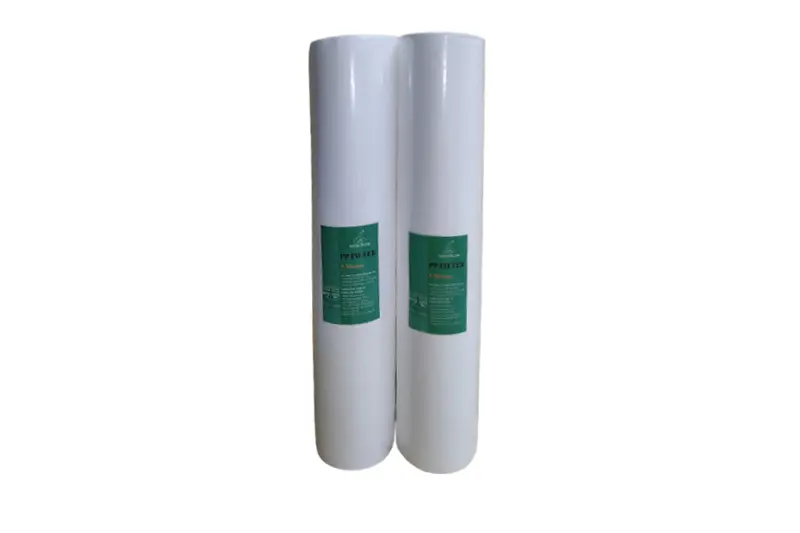
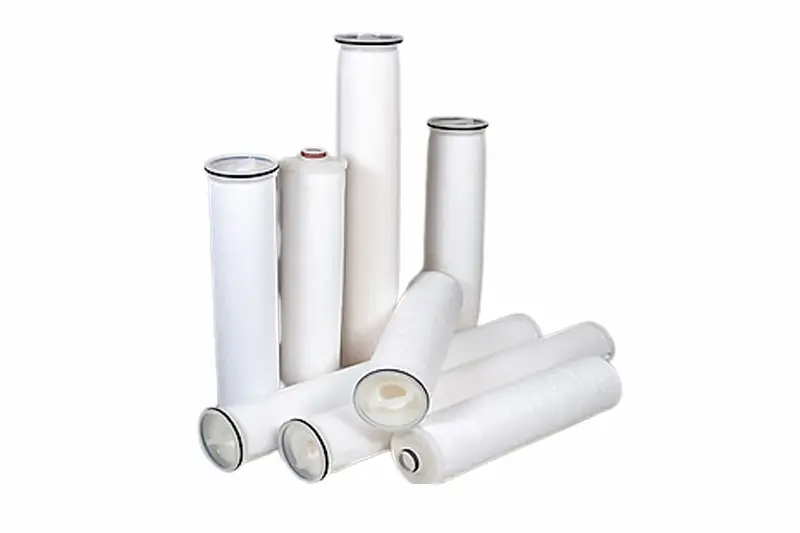


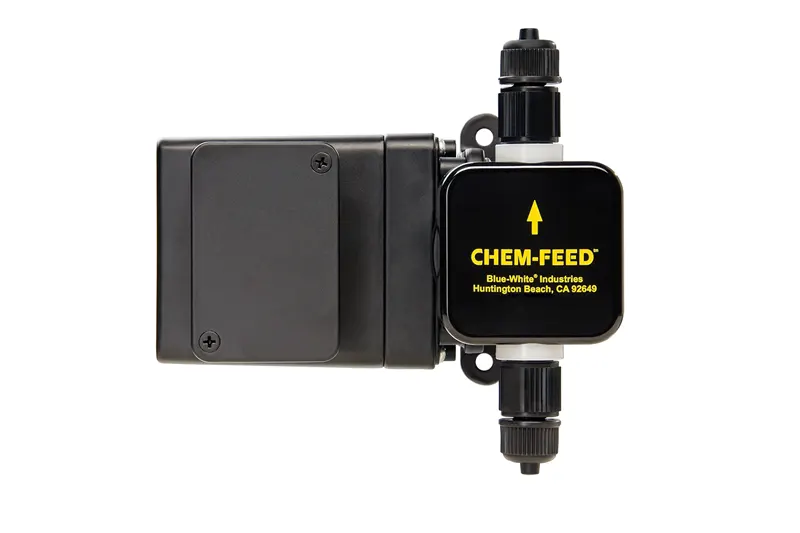
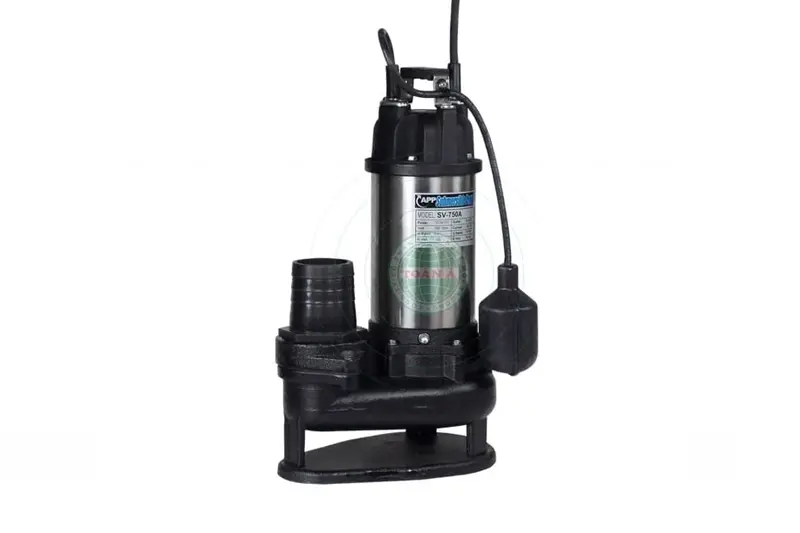
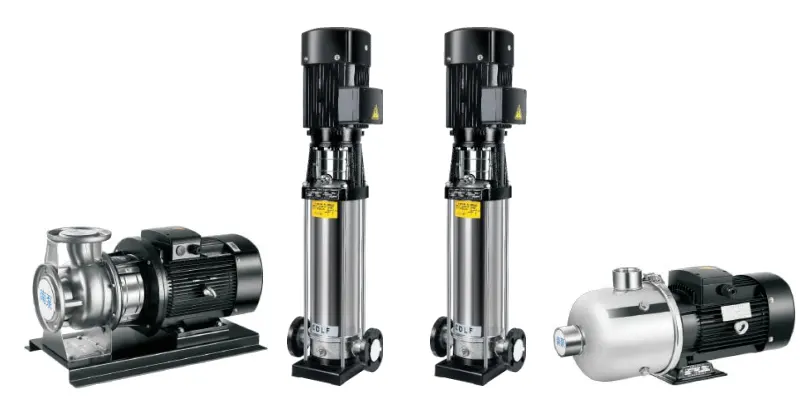


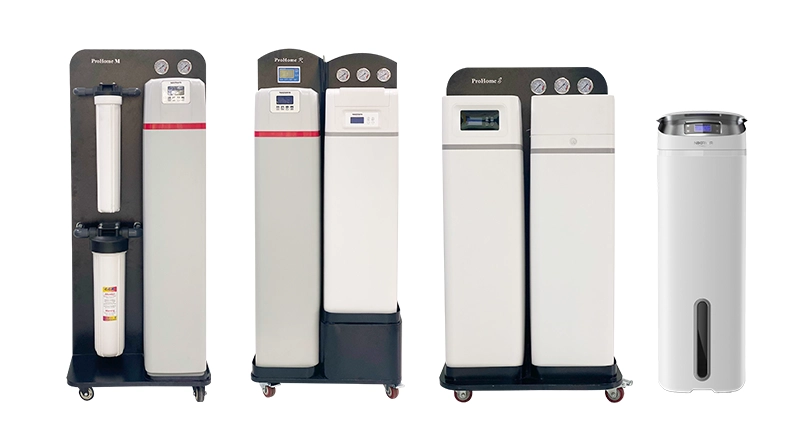
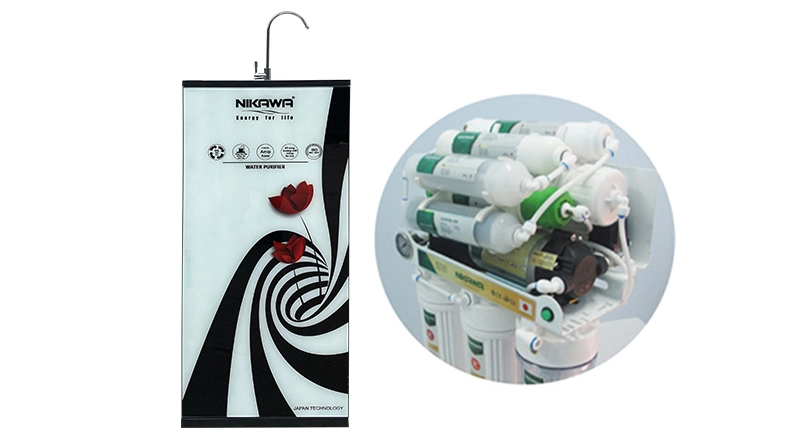
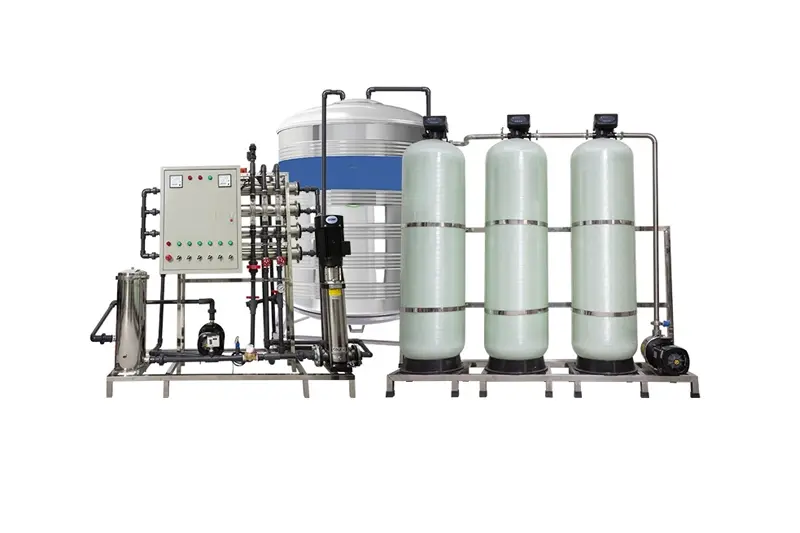
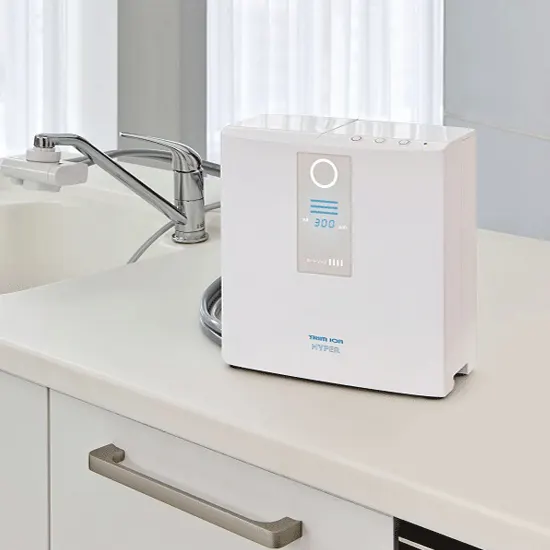
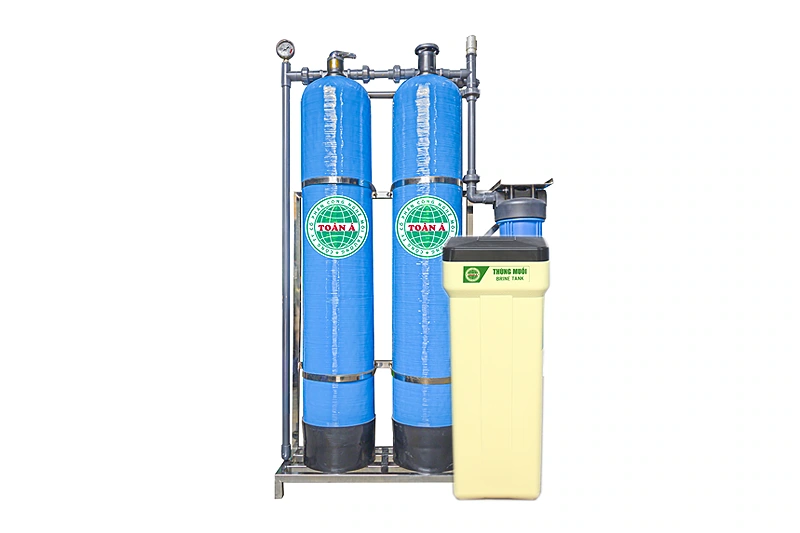


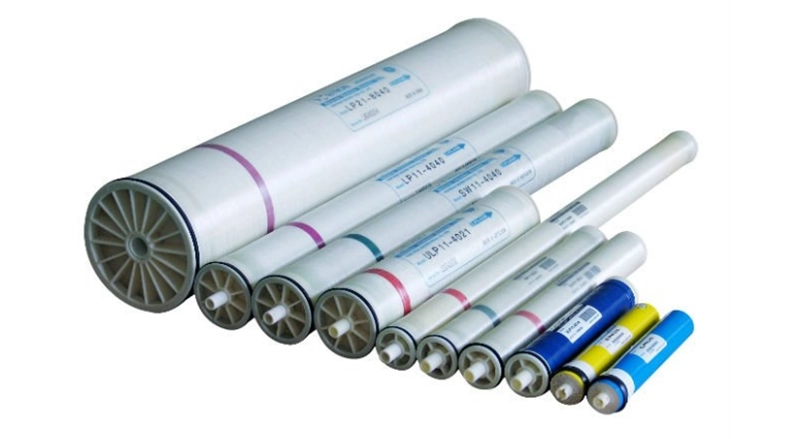
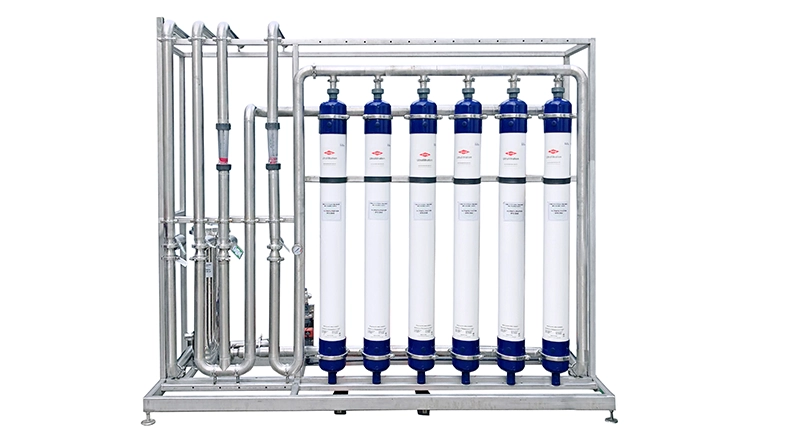


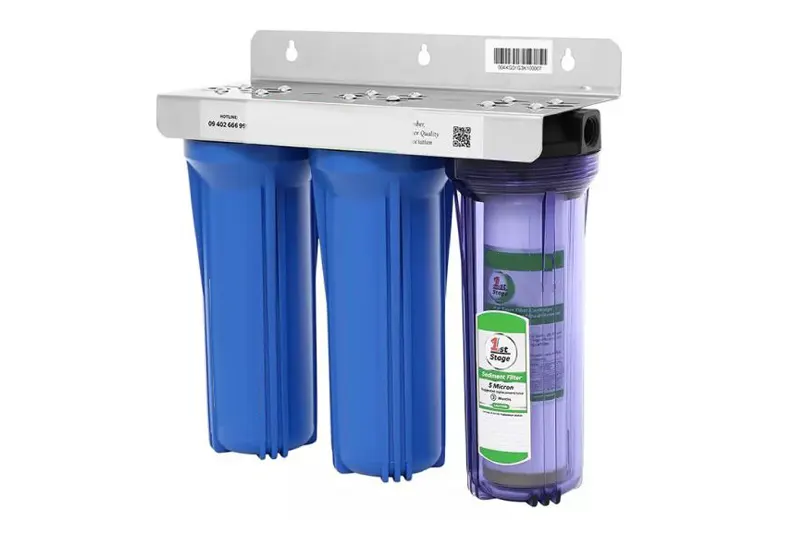
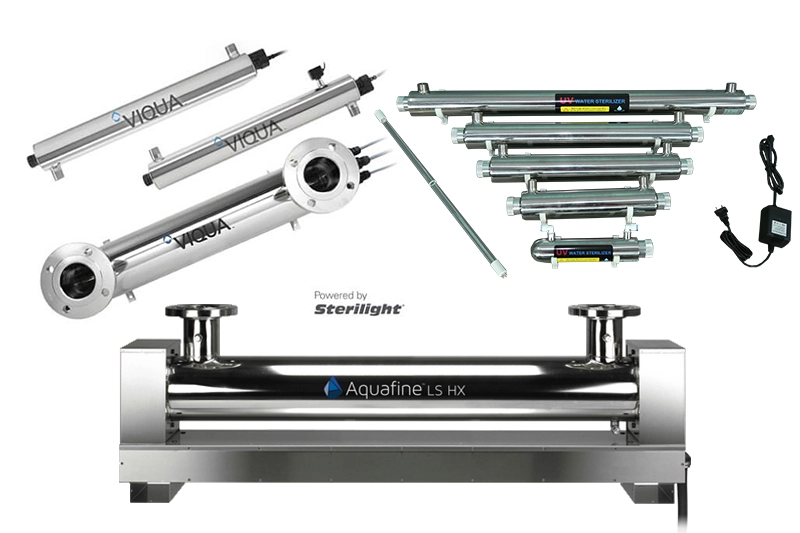
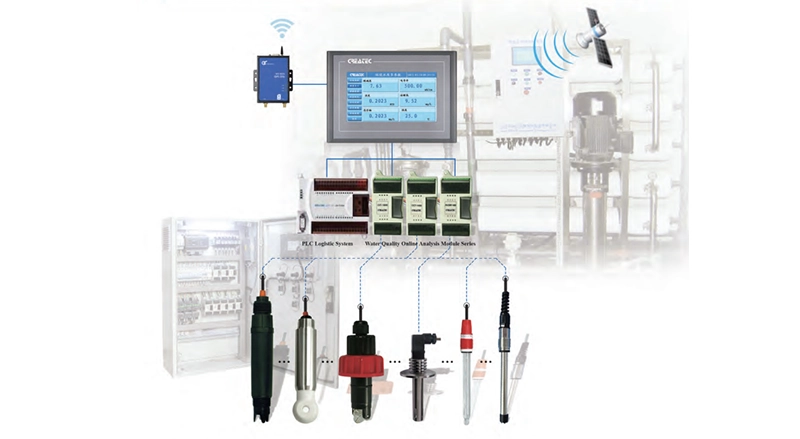
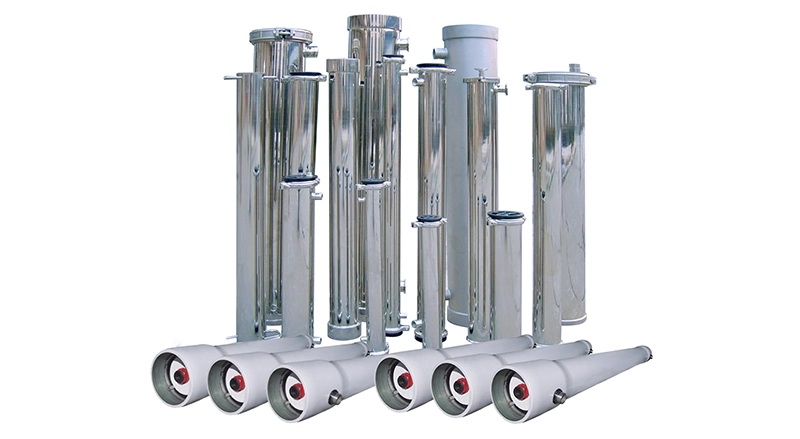
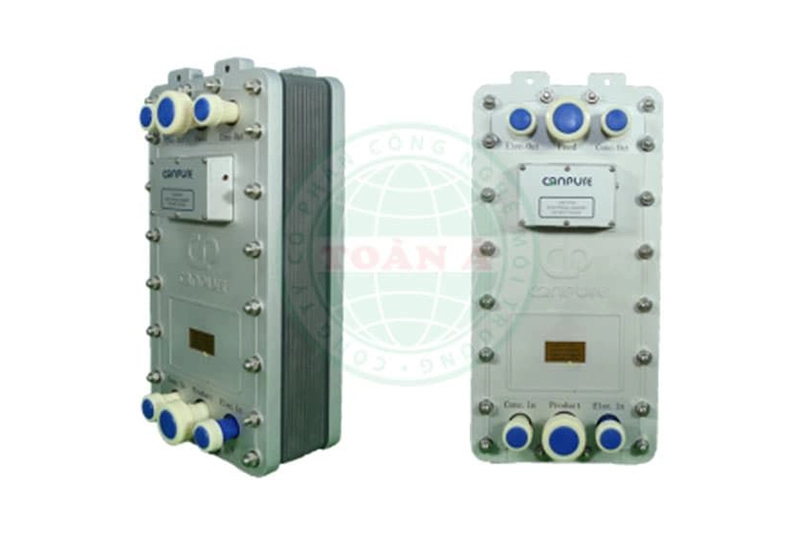
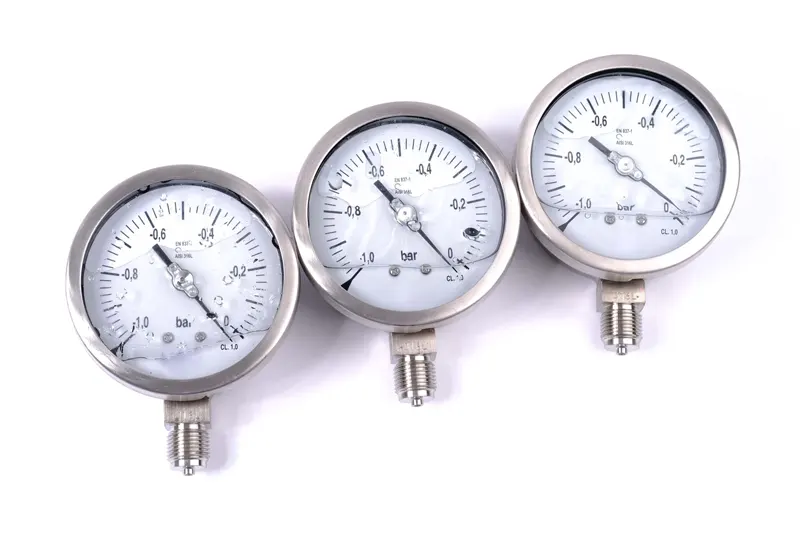
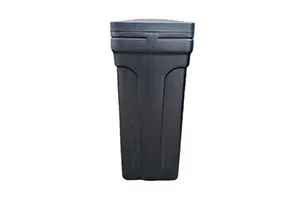


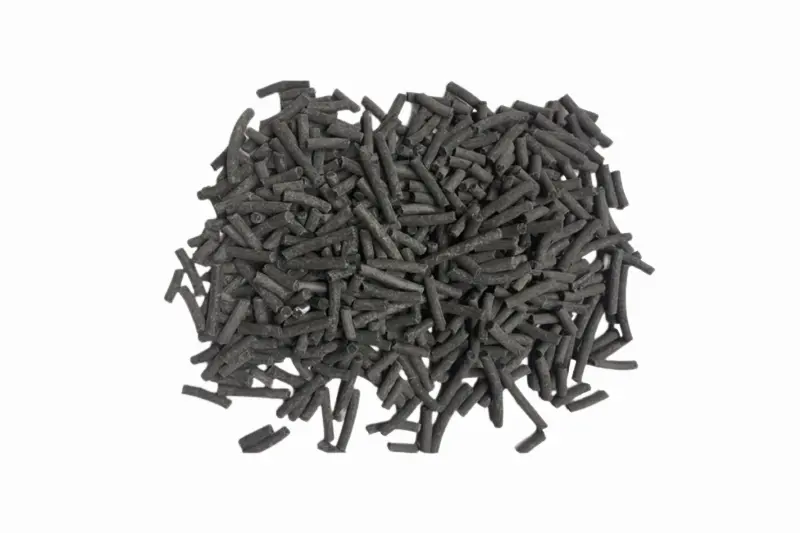
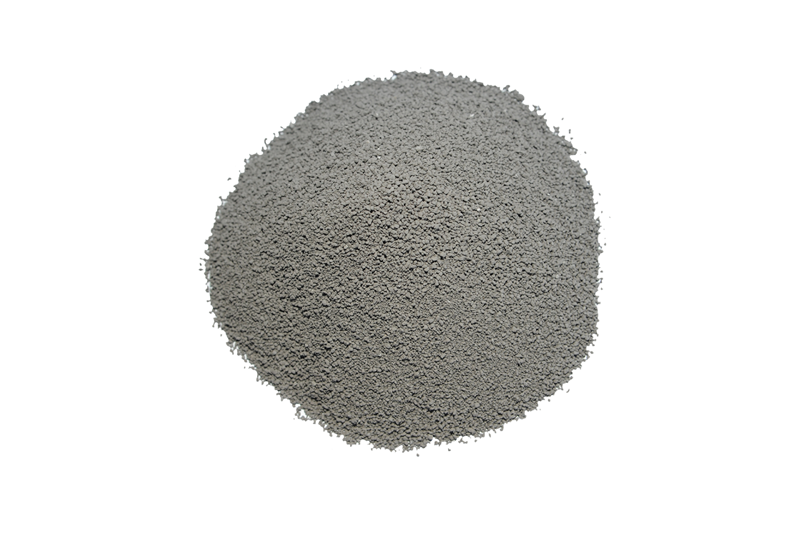
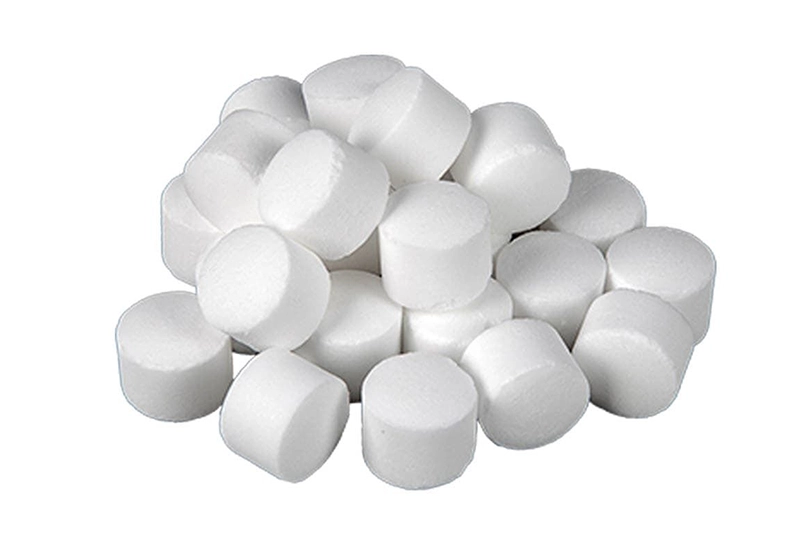






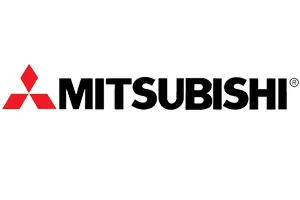


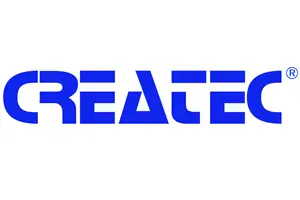
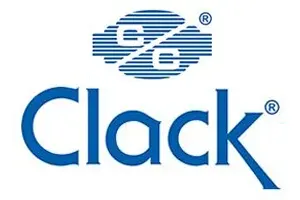


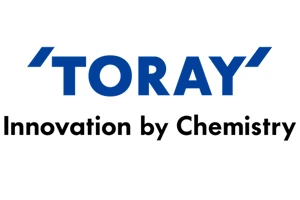

 Water Filter Columns
Water Filter Columns
 Water Filtration Membranes
Water Filtration Membranes
 Control Valves
Control Valves
 Water Filter Cartridges
Water Filter Cartridges
 Water Pumps
Water Pumps
 Water Filtration Equipment
Water Filtration Equipment
 Water Filtration Components
Water Filtration Components
 Water Filtration Materials
Water Filtration Materials
 Heat Pump Water Heaters
Heat Pump Water Heaters



 Products
Products  Solutions
Solutions  Project
Project  News
News